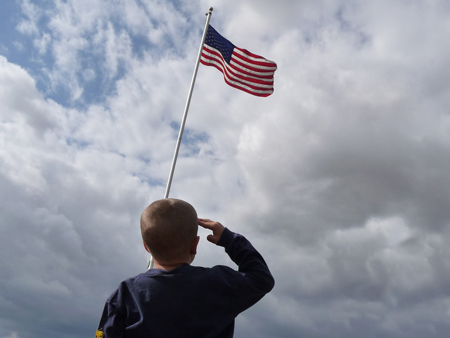| << Chapter < Page | Chapter >> Page > |
Education also fulfills latent functions. As you well know, much goes on in a school that has little to do with formal education. For example, you might notice an attractive fellow student when he gives a particularly interesting answer in class—catching up with him and making a date speaks to the latent function of courtship fulfilled by exposure to a peer group in the educational setting.
The educational setting introduces students to social networks that might last for years and can help people find jobs after their schooling is complete. Of course, with social media such as Facebook and LinkedIn, these networks are easier than ever to maintain. Another latent function is the ability to work with others in small groups, a skill that is transferable to a workplace and that might not be learned in a homeschool setting.
The educational system, especially as experienced on university campuses, has traditionally provided a place for students to learn about various social issues. There is ample opportunity for social and political advocacy, as well as the ability to develop tolerance to the many views represented on campus. In 2011, the Occupy Wall Street movement swept across college campuses all over the United States, leading to demonstrations in which diverse groups of students were unified with the purpose of changing the political climate of the country.
| Manifest Functions: Openly stated functions with intended goals | Latent Functions: Hidden, unstated functions with sometimes unintended consequences |
|---|---|
| Socialization | Courtship |
| Transmission of culture | Social networks |
| Social control | Working in groups |
| Social placement | Creation of generation gap |
| Cultural innovation | Political and social integration |
Functionalists recognize other ways that schools educate and enculturate students. One of the most important American values students in the United States learn is that of individualism—the valuing of the individual over the value of groups or society as a whole. In countries such as Japan and China, where the good of the group is valued over the rights of the individual, students do not learn as they do in the United States that the highest rewards go to the “best” individual in academics as well as athletics. One of the roles of schools in the United States is fostering self-esteem; conversely, schools in Japan focus on fostering social esteem—the honoring of the group over the individual.
In the United States, schools also fill the role of preparing students for competition in life. Obviously, athletics foster a competitive nature, but even in the classroom students compete against one another academically. Schools also fill the role of teaching patriotism. Students recite the Pledge of Allegiance each morning and take history classes where they learn about national heroes and the nation’s past.


Notification Switch
Would you like to follow the 'Introduction to sociology for the university of oklahoma' conversation and receive update notifications?